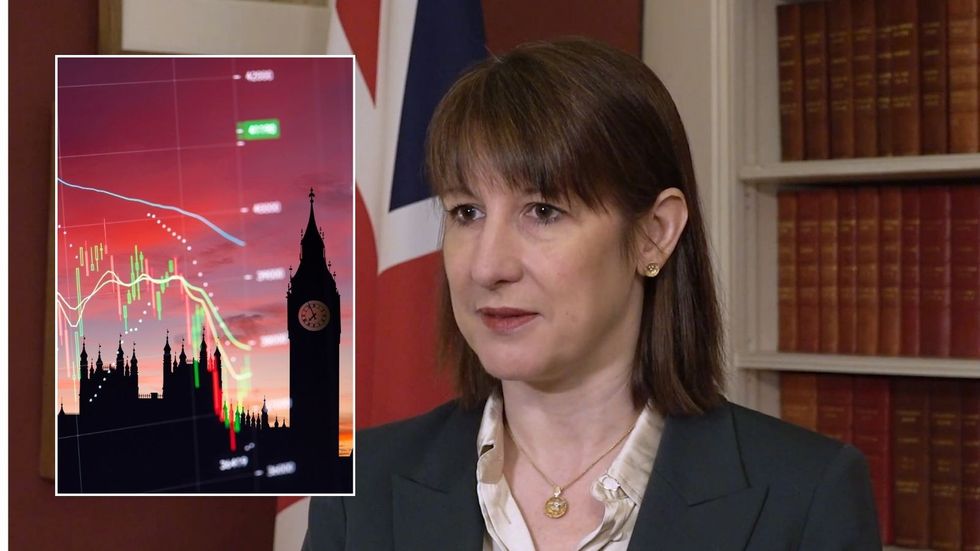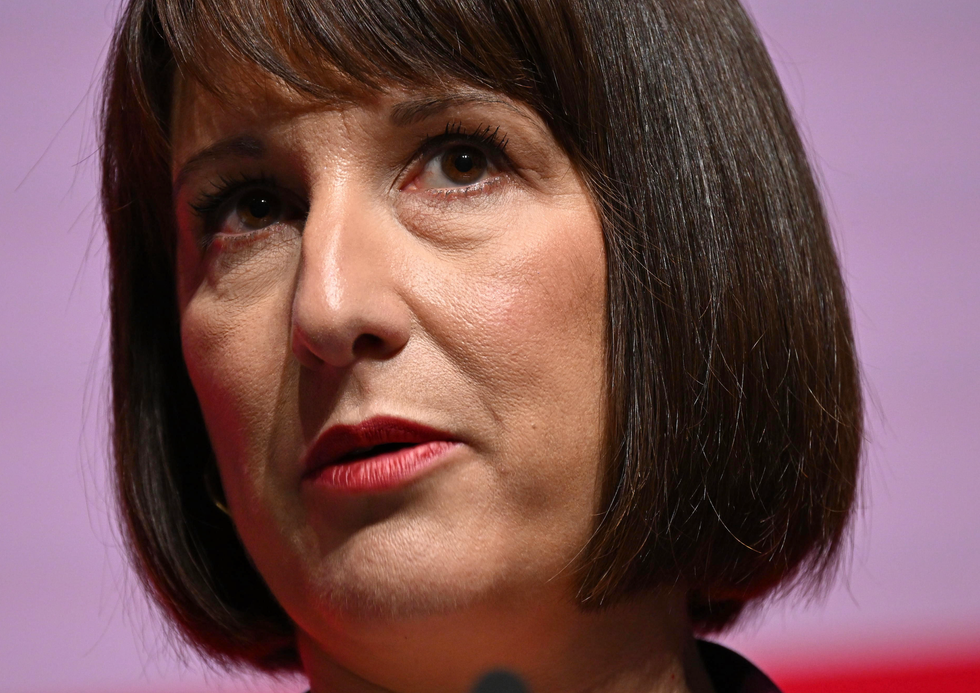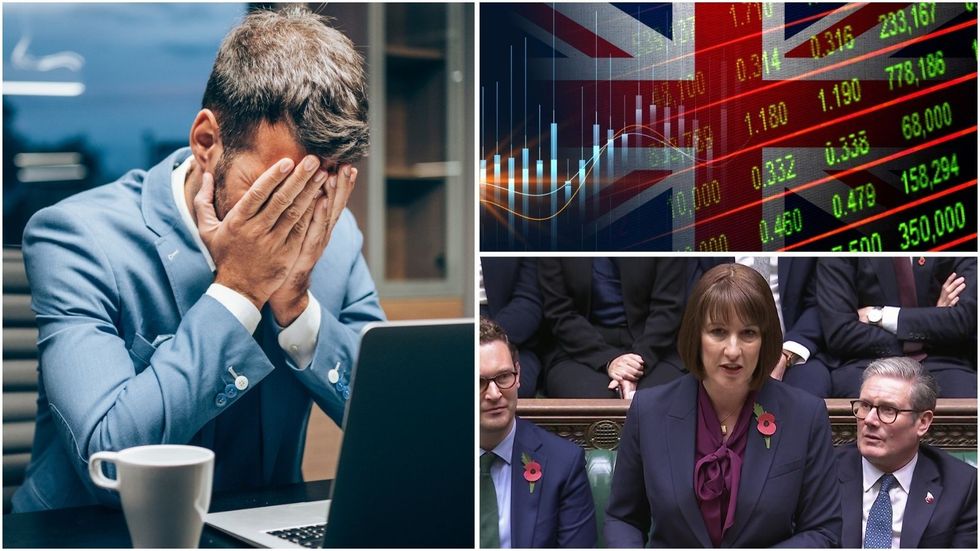Rachel Reeves forced to make U-TURN after making 'error' in response to inflation rise
The Chancellor made an 'error' in her reaction to today's inflation figures
Don't Miss
Most Read
Trending on GB News
Chancellor Rachel Reeves has been forced to issue a correction after wrongly claiming wages had risen at their fastest rate since the Labour Party took power following last year's General Election.
The Treasury stepped in at lunchtime to amend what it called an "error" in the Chancellor's earlier statement to the press, clarifying that wages after inflation are growing at their fastest rate in three years, rather than at record levels as initially suggested.
In her initial statement, Reeves had declared: "Getting more money in peoples pockets is my number one mission. Since the election we've seen year on year wages after inflation growing at their fastest rate worth an extra £1,000 a year on average."
With this correction, a crucial qualification has been added that wages after inflation were growing "at their fastest rate in three years".
The error comes as the Chancellor faces mounting pressure over economic management, with inflation rising to an unexpected three per cent in January.
Do you have a money story you’d like to share? Get in touch by emailing money@gbnews.uk.

Reeves has been forced to make a U-turn following today's inflation figures
GETTY
The timing is particularly awkward for the Chancellor, who is already under scrutiny over claims she exaggerated parts of her CV.
Reeves has faced questions about overstating her time at the Bank of England and incorrectly claiming to have worked as an economist at Bank of Scotland.
She has since updated her LinkedIn profile to clarify she worked in "retail banking" at Halifax, which had merged with Bank of Scotland, between 2006 and 2009.
This controversy has extended to Business Secretary Jonathan Reynolds, who allegedly claimed to be a solicitor despite never qualifying.

The Chancellor is under fire
GETTTY
These debacles have raised questions about the integrity of Prime Minister Keir Starmer's Government, though the Prime Minister has stood firmly behind his Chancellor.
"Rachel Reeves has dealt with any issues that arise," Starmer stated last week.
His official spokesman confirmed the Prime Minister's unwavering support, saying: "The Prime Minister is working hand in hand with the Chancellor and has full faith in the Chancellor for the job that she has done in beginning to turn the economy round after 14 years of stagnation."
The latest figures show average weekly earnings, adjusted for inflation, have grown by 3.4pc over the past year, as pay rises remained robust amid falling inflation.
However, these figures fall well short of pandemic-era gains, when real-terms pay growth peaked at 6.9 per cent in June 2021.
The Chancellor's statement came in response to January's inflation data, which hit a 10-month high of three per cent, partly driven by the introduction of VAT on private school fees.
LATEST DEVELOPMENTS:
 Inflation has risen once again GETTY
Inflation has risen once again GETTYMonica George Michail, an associate economist at the National Institute of Economic and Social Research (NIESR), broke down what these figures mean for the wider economy.
She explained: "While today's figures show annual CPI inflation rising to three per cent in January 2025, its highest level in 10 months, this elevated figure is only transitory - due to base effects – and is expected to fall again in the coming months.
"We think CPI inflation will average 2.5 per cent in 2025, before falling to the Bank’s two per cent target from 2026 onwards.
"We therefore anticipate only one more rate cut in the second half of this year, given inflationary pressures from the government stimulus, persistently strong wage growth, and heightened global uncertainties".








